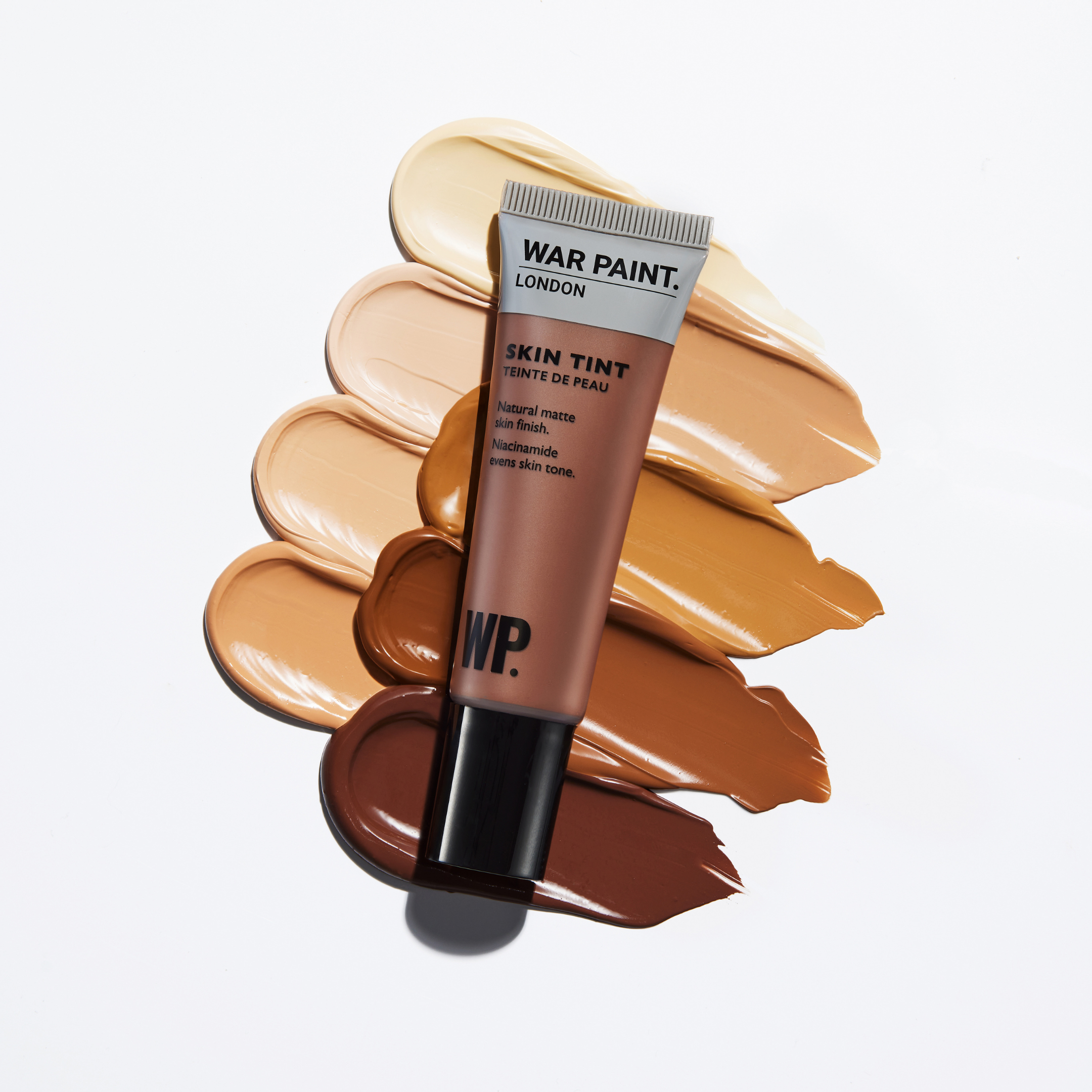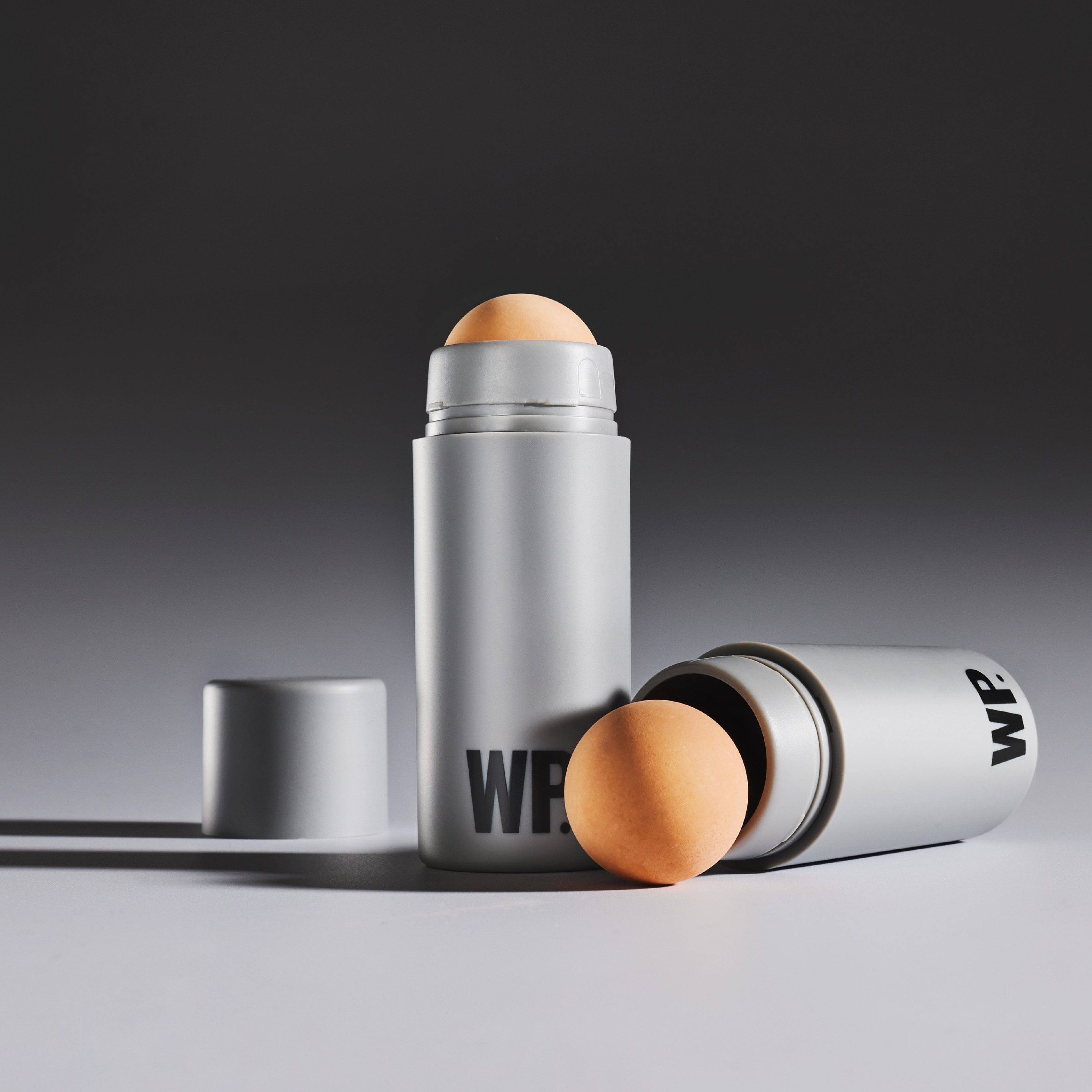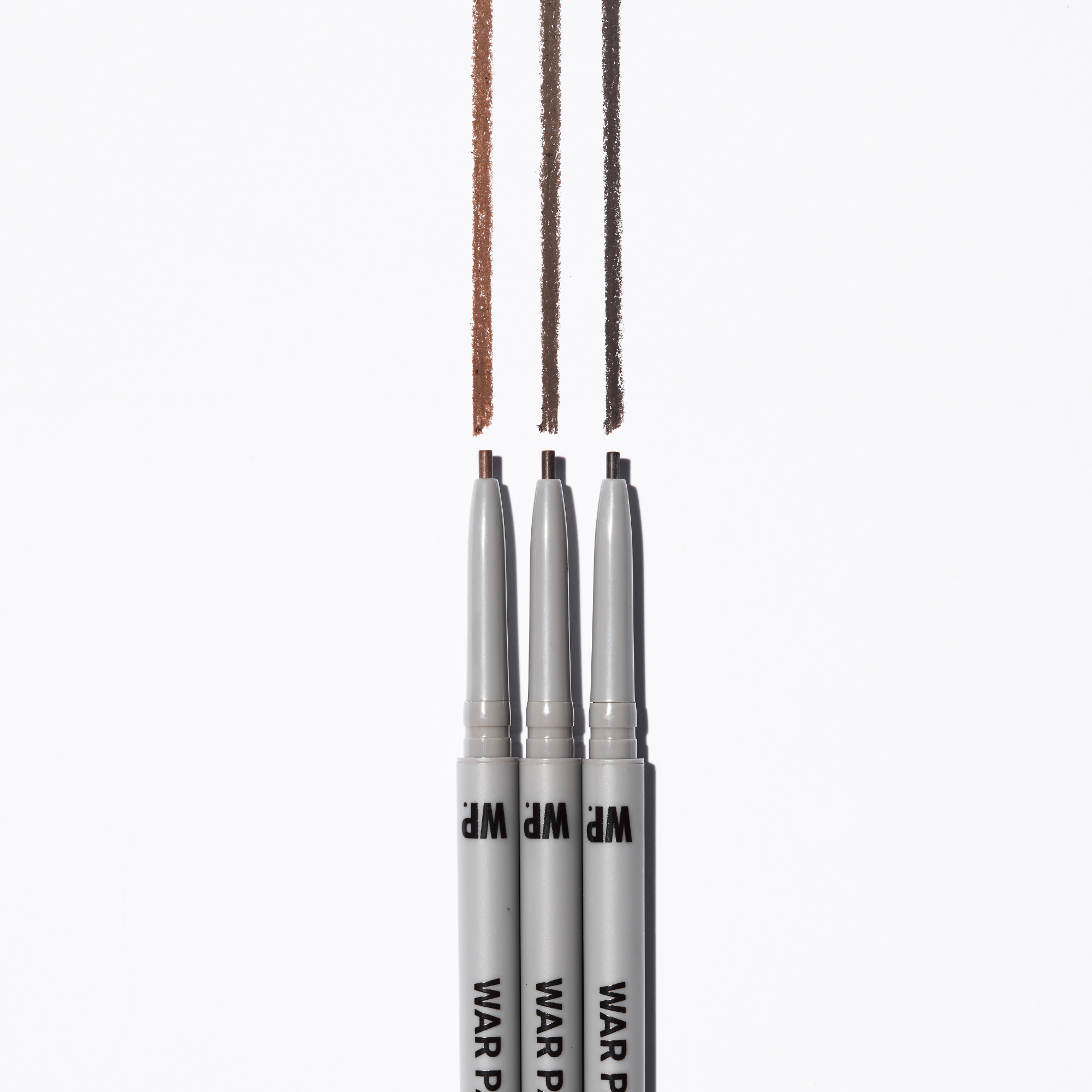Acne scars can be a painful reminder of the condition. Having unwanted scars on your face or other areas of your body can be difficult mentally, and you may want them gone as soon as possible. Sadly, there aren’t quick fixes for deep acne scars. However, there are things you can do to help lessen their appearance over time.
There are a whole range of options to help with acne scars across skincare, prescription medicine and also treatments with a facialist or dermatologist.
Never fear. There are always solutions you can work with to help reduce acne scars.
How to remove acne scars naturally
You may prefer to use natural solutions rather than medicine or skincare. While the science behind them isn’t as impactful, and the scars won’t go away completely, they can still make a difference.
Some popular natural acne scar removal solutions include:
- Rosehip oil: Rosehip is the fruit from a rosebush. There are a few particular types which are known to have particularly good healing powers. In studies, rosehip oil significantly promoted wound healing and improved the look of scars.
- Aloe & Manuka Honey: Can promote scar-free wound healing.
The best concealer for acne scars and blemishes
During the healing process, you may want to try to conceal scars and blemishes. You can do so with a concealer. The War Paint Concealer is a good option as an anti-acne concealer, as it has tea-tree oil contained within it, so it’s going to help soothe blemishes while you’re wearing it too. Bonus.
To cover a scar with concealer, all you need to do is dab a little bit directly onto the scar and dab it into place gently using your finger. Be careful to blend around the edges so that the concealer blends seamlessly with your skin. While it won’t make it look completely smooth, it will help to reduce the look of discolouration and make it less obvious.
Should you consider laser acne scar removal?
Laser treatments resurface the skin without the use of chemicals or scrubs. They work by removing the uppermost layer of skin to reveal the fresh skin beneath. Laser is great for reducing the texture of raised scars, and particular types of laser can also help with the discolouration, also known as hyperpigmentation, that can come with scarring too.
Laser treatment isn’t suitable for everyone. It depends on the type of scarring you have and also your skin type. It can also cause bad reactions, especially for those with sensitive skin.
If laser treatment is something you’d like to consider, it’s worth having a consultation with a dermatologist to discuss laser treatment and to see whether your acne scarring would benefit from it and whether it’s within your budget.
You may find that alternative treatments such as regular facials, or other types of chemical peels would be better for your skin type, types of acne scars and budget.
Does salicylic acid remove acne scars?
Salicylic acid is a well-known ingredient used in acne-fighting products, and for good reason. It’s got countless studies behind it proving its efficacy. It works by naturally exfoliating the skin, clearing out pores and resurfacing skin as it goes.
Over-the-counter products with salicylic acid are unlikely to remove very raised or large scars completely, but they will definitely have a big impact over time. If you have very sensitive skin, salicylic acid might not be suitable for you. So it’s a good idea to do a small patch test to check you don’t have a negative reaction before using it.
You can also get chemical peels with salicylic acid, which will be even more impactful. But, obviously, go to see a professional to get this done as it can be extremely damaging to the skin if performed incorrectly.
Using a cream to remove acne scars
There are plenty of skincare options and creams to help reduce acne scars, but it’s unlikely that you’ll be able to use a cream to get rid of acne scars completely.
The best cream for acne scars and dark spots will include ingredients that exfoliate and renew skin. Common ingredients to look out for that help to encourage skin resurfacing are retinoids (also known as vitamin A), alpha-hydroxy acids (also known as AHAs) such as lactic acid, and beta-hydroxy acids (BHAs), and also bakuchiol.
The most important thing to remember with skincare is to be consistent to let the ingredients get to work over time. There’s no such thing as a quick fix, and it may take a few weeks to see noticeable results. Don’t give up on it, it’s doing its thing slowly.
sources to reference
https://www.medicalnewstoday.com/articles/324784#over-the-counter-remedies













































































































